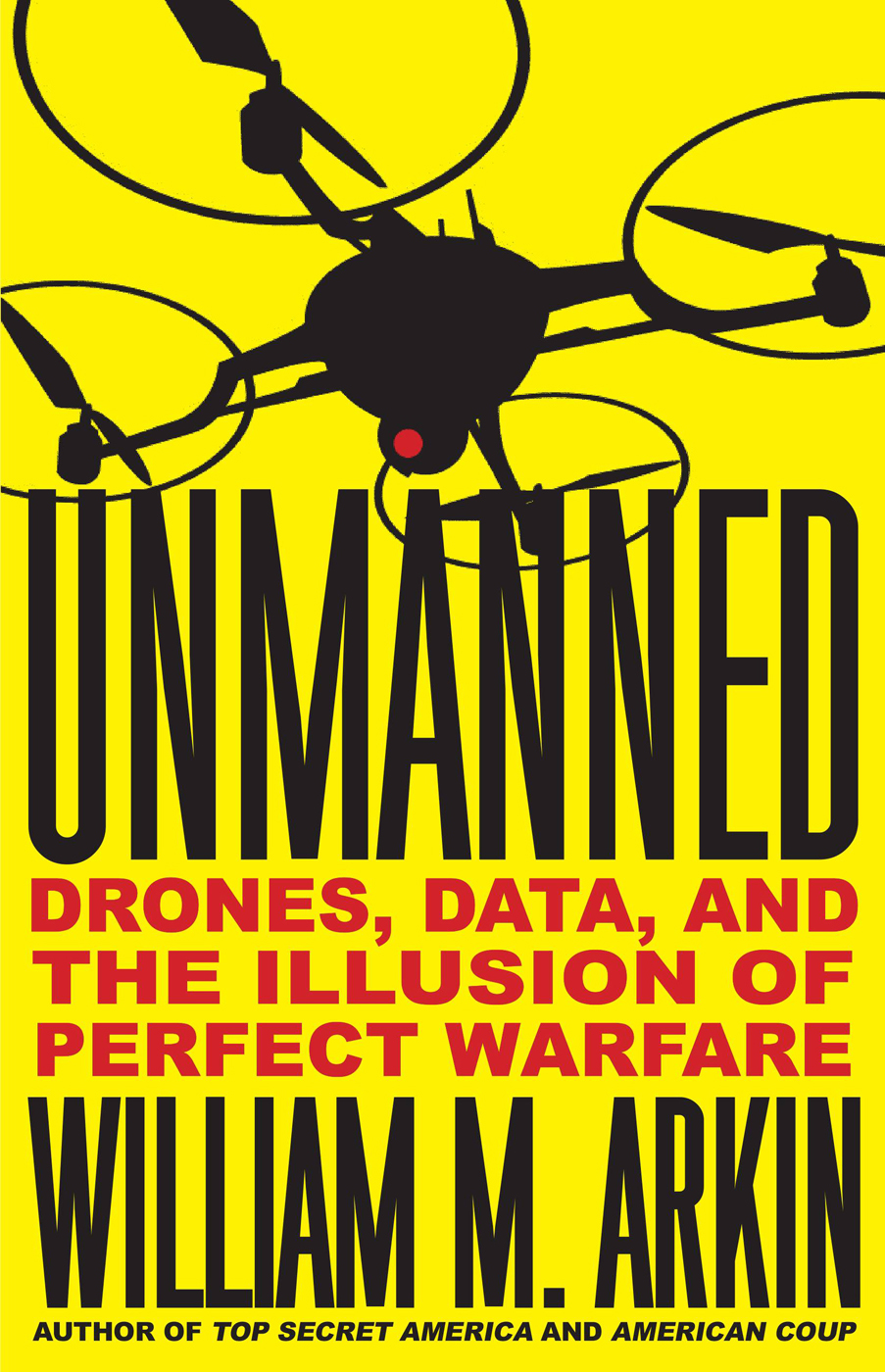
Unmanned
Drones, Data, and the Illusion of Perfect Warfare
- اطلاعات
- نقد و بررسی
- دیدگاه کاربران
نقد و بررسی

Starred review from May 11, 2015
Intelligence expert Arkin (American Coup) argues that the digital revolution, combined with a reluctance to suffer casualties, is ushering in what military planners see as "perfect"âendless, casualty-freeâwarfare in this ingenious, if depressing, work. The U.S. military's use of drones is burgeoning, yet of America's more than 11,000 drones, only about 5% are of the large, armed "Predator-style" variety. An obsession with information technology has produced a zoo of "unarmed aerial vehicles" (UAVs) that includes everything from the 15-oz. Wasp Micro Air Vehicle to the seven-ton Global Hawk. Arkin also points out that "88 other nations operate drones," with over 90% of drones worldwide being "small, short-ranged, and unarmed." Meanwhile, the need for fighting personnel has shrunk as the need for civilian data analysts has grown. Thanks to "increasingly infinite stockpiles of data," high-value targets can be tracked almost anywhere, and since "the Data Machine doesn't care where it is fighting," Arkin insists that we must contemplates the "cost to society and humanity for even operating in this seemingly near-perfect way." Readers will have to navigate a minefield of technical details, acronyms, and political and military infighting, but Arkin makes worthwhile the effort of understanding both the extensive transformations modern militaries are experiencing and their far-from-perfect consequences.

May 15, 2015
"I see drones and the Data Machine they serve...as the greatest threat to our national security, our safety, and our very way of life," writes journalist Arkin (American Coup: How a Terrified Government Is Destroying the Constitution, 2013, etc.) in this idiosyncratic survey of the American military's use of drones, from the war in Bosnia to the present day. The author has access to extensive information about his topic and has mined it to the full, providing a wealth of information. However, this is as much a personal meditation as a careful study, a cri de coeur about what the "illusion of perfect warfare" is doing to our military and nation, all viewed through the unlikely lens of the 4,000-year-old Sumerian Epic of Gilgamesh. This new approach to warfare, in Arkin's view, means never sending a person into danger if a machine can do the job and reducing civilian casualties and collateral damage to near zero by precision targeting and execution. It requires ever increasing cascades of data and increasingly autonomous surveillance and killing machines through which "every place is reduced to geographic coordinates....nations, armies, and even people are reduced to links and networks." This renders "the nature of the military...even the nature of our societies very different than they were in the past...[and ultimately] making us less human." The effectiveness of Arkin's argument is undercut by his unruly writing style. A uniformly jaunty tone sometimes lapses into Whitman-esque incantatory passages of obscure meaning; the author piles colorful technological terms into verbal heaps that dazzle or overwhelm rather than inform, and he obfuscates his message with invented words and liberal use of ill-defined personal metaphors. This well-informed but quirky analysis of the development of drone warfare and its ongoing effect on the nation's military strategy is the latest lament for the disappearance of personal honor and valor from warfare that began in 1914.
COPYRIGHT(2015) Kirkus Reviews, ALL RIGHTS RESERVED.




دیدگاه کاربران